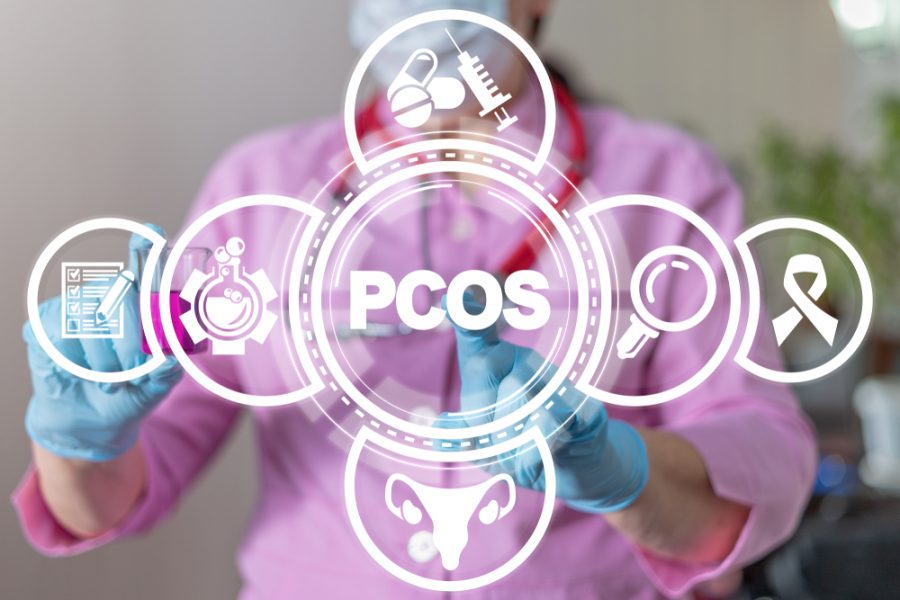Polycystic Ovary Syndrome and You
Polycystic Ovary Syndrome is more common than you might think. NHS figures estimate that as many as one in five women in the UK could be affected – that’s 20% of the female population of the United Kingdom! It’s well worth your time to understand this health condition, and how it could affect you or the people around you.

How Does PCOS Affect You?
PCOS has a long list of symptoms – while most people know about the fertility effects, they may not know that it can also cause weight gain, both hirsutism and hair loss and oily skin and acne outbreaks. PCOS is caused by hormone imbalances, and your hormones control so many different processes in your body that any disruption to that balance can have widespread effects.
People with PCOS also report more frequent instances of depression and anxiety, though it’s not currently known if that is directly caused by same hormonal disturbances as the rest of the PCOS symptoms, or is more a psychological effect of living with those symptoms.
PCOS and Fertility
PCOS, ovulation and your fertility are all linked. The excess hormones involved in PCOS (Oestrogen, Testosterone and Luteinising Hormone to name three) disrupt your menstrual cycle. They make it both longer and irregular: eggs take more time than usual to mature and be ejected from the ovaries on a schedule you cannot predict.
Simply put, this means you have less opportunities to get pregnant: pregnancy requires sperm to encounter and fertilise an egg within 24 hours of it being ovulated: if it’s longer between ovulations for you, you will ovulated fewer times in your life.
The irregularity of your cycle is also a factor. If you’re actively trying to get pregnant, you need to know when you will ovulate to take advantage of your fertile window – the five days before and the day after you ovulate, when sperm can survive long enough and travel fast enough to reach the egg and fertilise it. PCOS makes tracking and predicting your ovulations more difficult, so it’s harder to get pregnant.
Compensating for PCOS
Unfortunately, there’s no cure for the condition, but there are ways to compensate for it, and manage it so it causes you less discomfort and disruption.
Using a PCOS-friendly fertility tracker is essential if you’re trying to get pregnant, and there are also fertility drugs that can to stimulate you to ovulate more frequently.
You can also manage the symptoms by trying to bring down the level of insulin your body makes. It’s this high level of insulin that drives the rest of PCOS’ hormone disruption so adjusting your diet towards more low GI foods, increasing exercise moderately and cutting down on sugary snacks can all help. Inositol is a supplement many people have found useful, as it helps your body use insulin more effectively – so less goes further!












